Everything you need to know about napping — benefits, drawbacks and how to do it the right way
Can you nap and still sleep well at night? We ask the experts
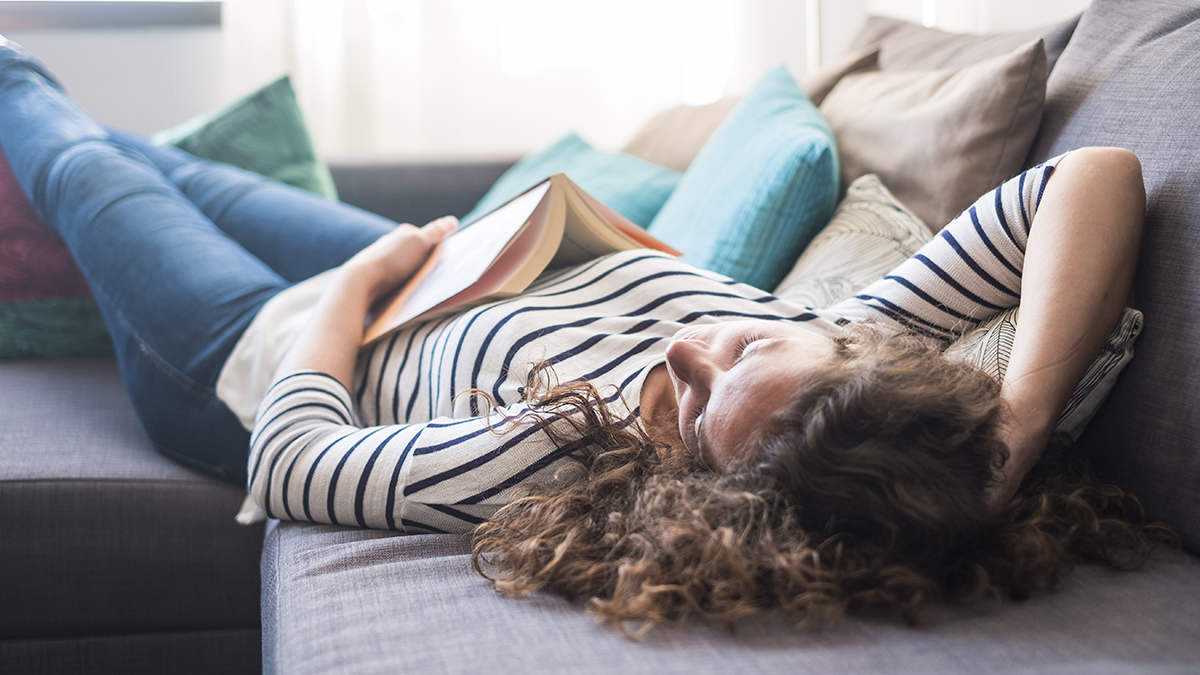
A nap, especially if you’ve had an early morning alarm call or bad sleep the night before, can feel refreshing. But how should you nap sensibly?
A nap can help boost energy, mood and even memory, but it’s not always as simple as just closing your eyes. Here, we’ll cover everything you need to know about napping: when to do it, how long to nap for, and the science behind why some people wake up refreshed while others feel groggy.
We'll also explore the potential benefits and drawbacks of nodding off in the daytime, including how it can affect your sleep in the long run. With insight from sleep experts and the latest research, read on to find out how to make napping work for you.
What’s the difference between a sleep and a nap?
Sleep is a way to recharge our bodies overnight, with 7-9 hours being the recommended amount healthy adults should aim for each night.
When we sleep for this long, our bodies cycle through sleep cycles, which generally last around 90-100 minutes. This is where we’ll go into different stages of sleep, including light, deep and REM sleep. All sleep stages are important for the body and mind.
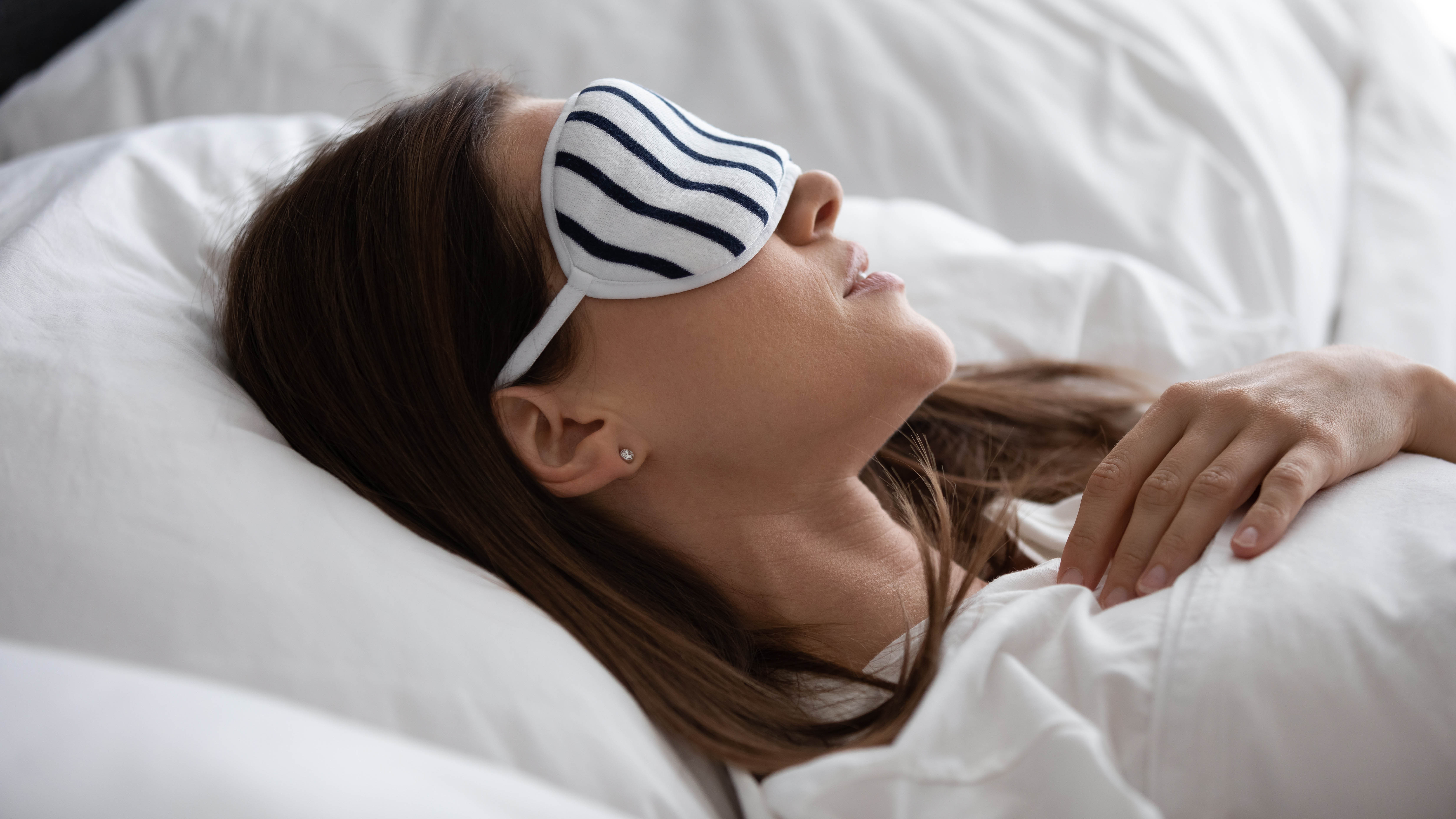
A nap is a much shorter sleep, and can be anything from a quick 10-minute nap to a longer one which lasts an hour and a half.
If we have a quick nap, we won’t fall into the deep or REM stages, whereas if it's a longer nap, we’ll normally be able to complete a full sleep cycle before we wake up.
However, licensed clinical psychologist specializing in sleep and trauma, Dr. Leah Kaylor, says you should be wary of napping too much as “excessive daytime napping can be a sign of underlying issues like obstructive sleep apnea or depression, and may worsen sleep regulation if the root cause isn’t treated.”
Get instant access to breaking news, the hottest reviews, great deals and helpful tips.
Benefits of napping
As well as helping you feel less tired, there are plenty of benefits to napping.
1. Boost memory
Just like getting a good night's sleep, napping can boost our memory. “Napping supports memory consolidation, especially declarative memory (facts, knowledge) and procedural memory (skills)," Dr. Kaylor says.
"During naps, the brain replays and integrates new information,” she explains.
Research has also shown that naps can help to improve longer-term memory. One study found that students who had an hour-long nap after learning retained factual knowledge better, compared to cramming or taking a break, when tested a week later.
Another study looking at the impact of mid-afternoon nap duration found that "only naps of 30 min improved memory encoding."
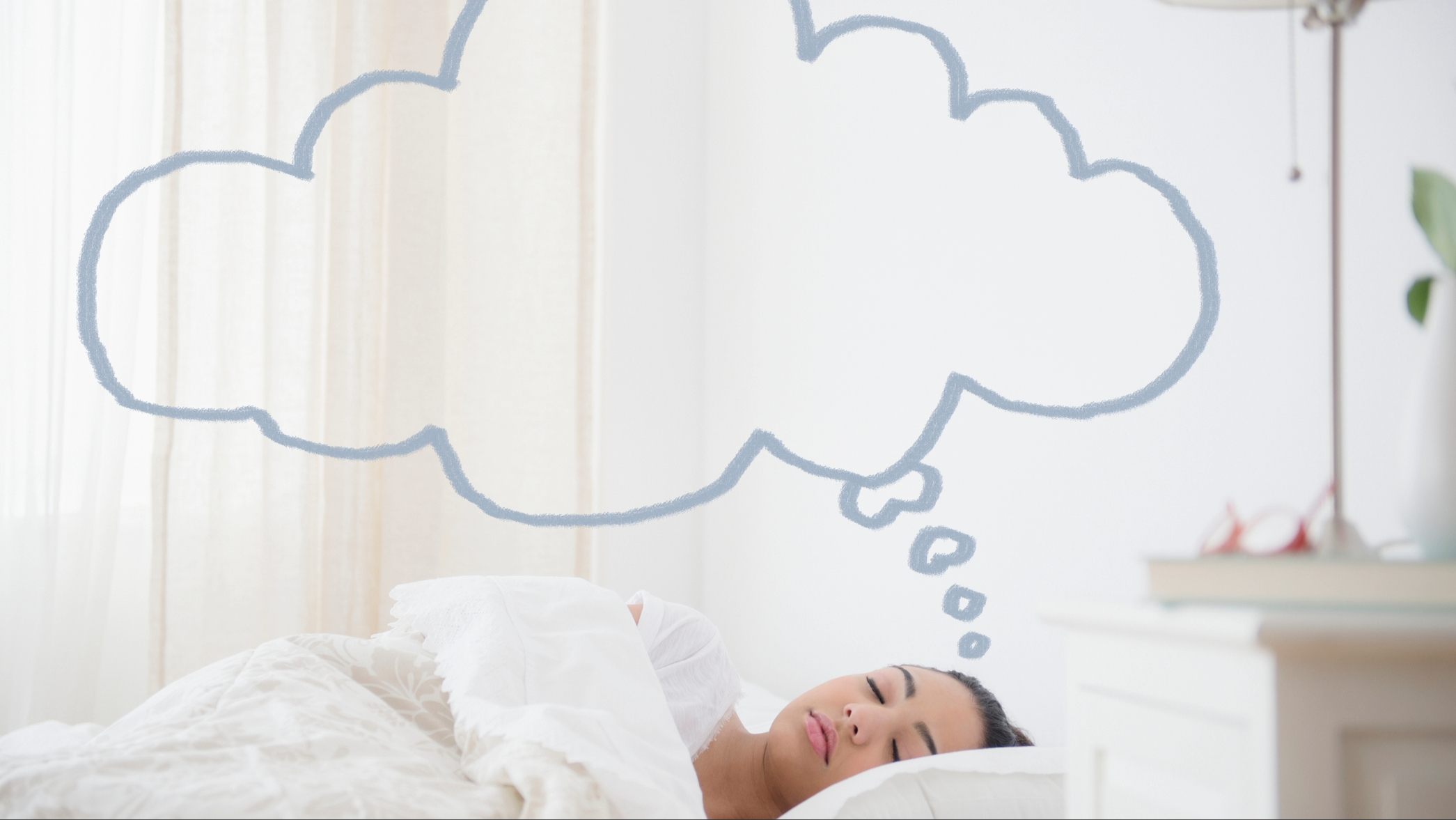
2. Reduce fatigue
Naps, even as short as “10 minutes, have been shown to reduce subjective fatigue, boost alertness and improve reaction times”, says sleep doctor, Dr. Lindsay Browning.
This is because “the longer someone is awake, there is a build-up of a neurotransmitter called adenosine, which leads to a growing feeling of sleepiness," she explains.
"A short nap may reduce the build-up of adenosine, helping to reduce fatigue,” the doctor adds.
3. Boost mood

If you’ve been feeling a bit grumpy, Dr. Kaylor says that a nap could boost your mood.
“Napping reduces stress and improves emotional regulation," she says. "Even a brief nap (as short as 10 minutes) can lead to improved self-reported mood and decreased irritability.”
Drawbacks of napping
As well as the benefits, you should also know about the drawbacks to napping before you get too comfy.
1. Grogginess
Napping can make you groggy due to a phenomenon called sleep inertia says Dr. Browning.
“This is the feeling of disorientation and grogginess that occurs immediately after waking from a nap,” she explains.
But, why does this happen? “Your body has sleep cycles of approximately one and a half hours, and if you wake up in the middle of one of these cycles, particularly during the deep sleep phase, you will likely feel sleepier than you did before the nap," Dr. Browning says.
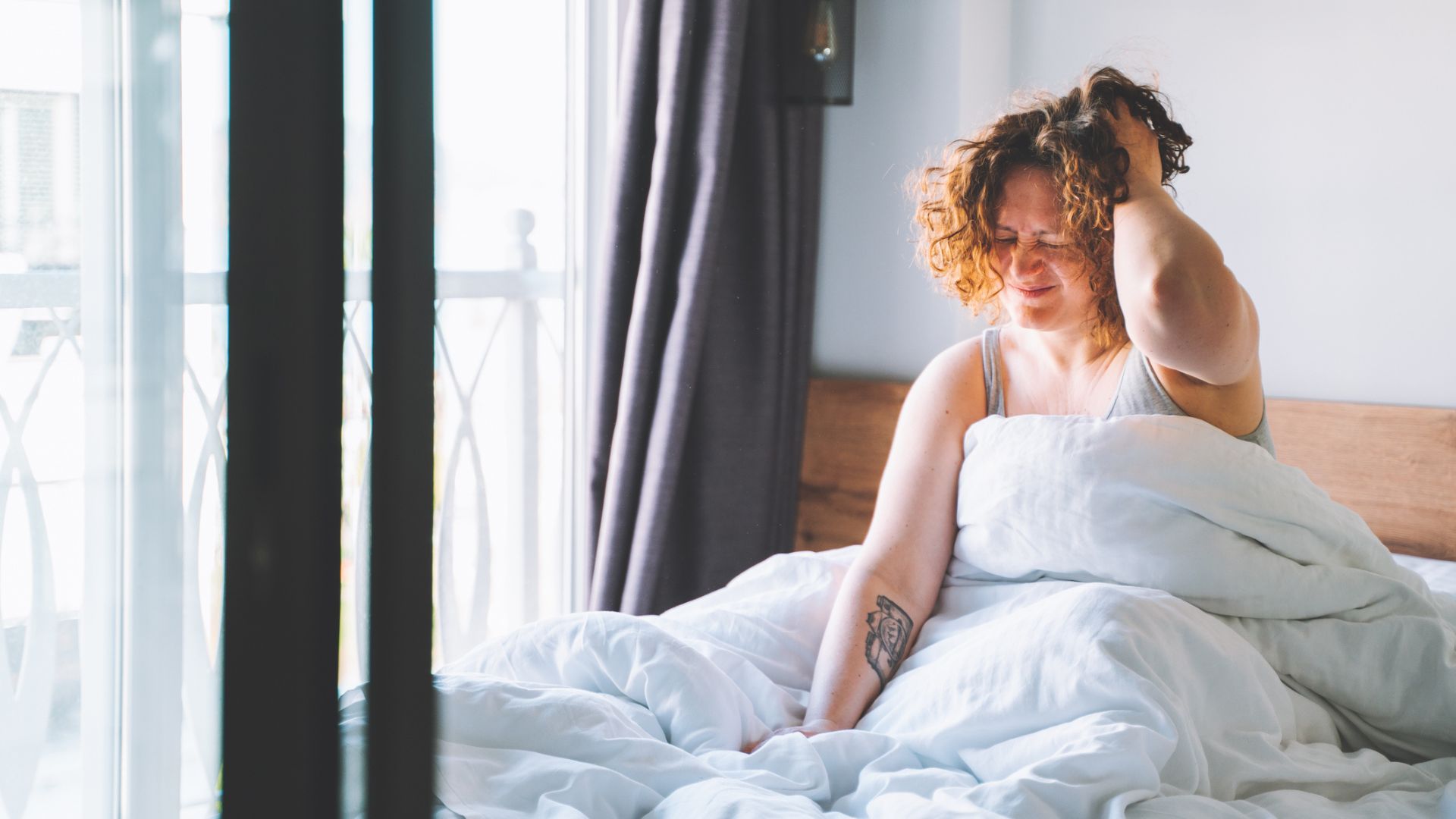
2. Disregulated circadian rhythm
We all have an internal body clock, which is called the circadian rhythm, and it helps to regulate our sleep patterns; however, napping could affect it, says Dr. Browning, especially if the timing of your nap is off.
“This depends on your bedtime and chronotype," she says. "Late chronotypes (owls) may benefit from slightly later naps compared to early chronotypes (larks) without disrupting their sleep."
"Napping too late in the afternoon can interfere with your nighttime sleep,” she adds.
3. Health issues
Dr. Browning adds that research suggests that people who “regularly nap, especially long naps, tend to have poorer health outcomes (such as an increased risk of heart disease and obesity) than those who don’t, but this may reflect underlying health issues or be a symptom of an undiagnosed sleep disorder.”
Her advice is backed up by this scientific review in 2017, which found that "frequent napping is associated with negative health outcomes in older adults."
How to nap
If you’ve decided on a nap, what’s the best way to do it? Our experts share some dos and don’ts when it comes to napping
Napping dos
- Nap before 3pm: Dr. Browning says that you should time your nap according to your bedtime. “If your usual bedtime is around 11 pm, you should aim to nap between 1-3 pm, making sure to finish any naps before 3 pm. Napping too late in the day can reduce sleep pressure, making it difficult to fall asleep later.”
- Nap for 20 to 30 minutes: Napping duration is an important aspect too. “Daytime naps are usually best when they are short, somewhere around 20-30 minutes, and occur earlier in the day, before 2 or 3pm. Following these simple guidelines limits the potential of the nap disrupting your nighttime sleep,” says Joseph Dzierzewski, lead researcher at the National Sleep Foundation.
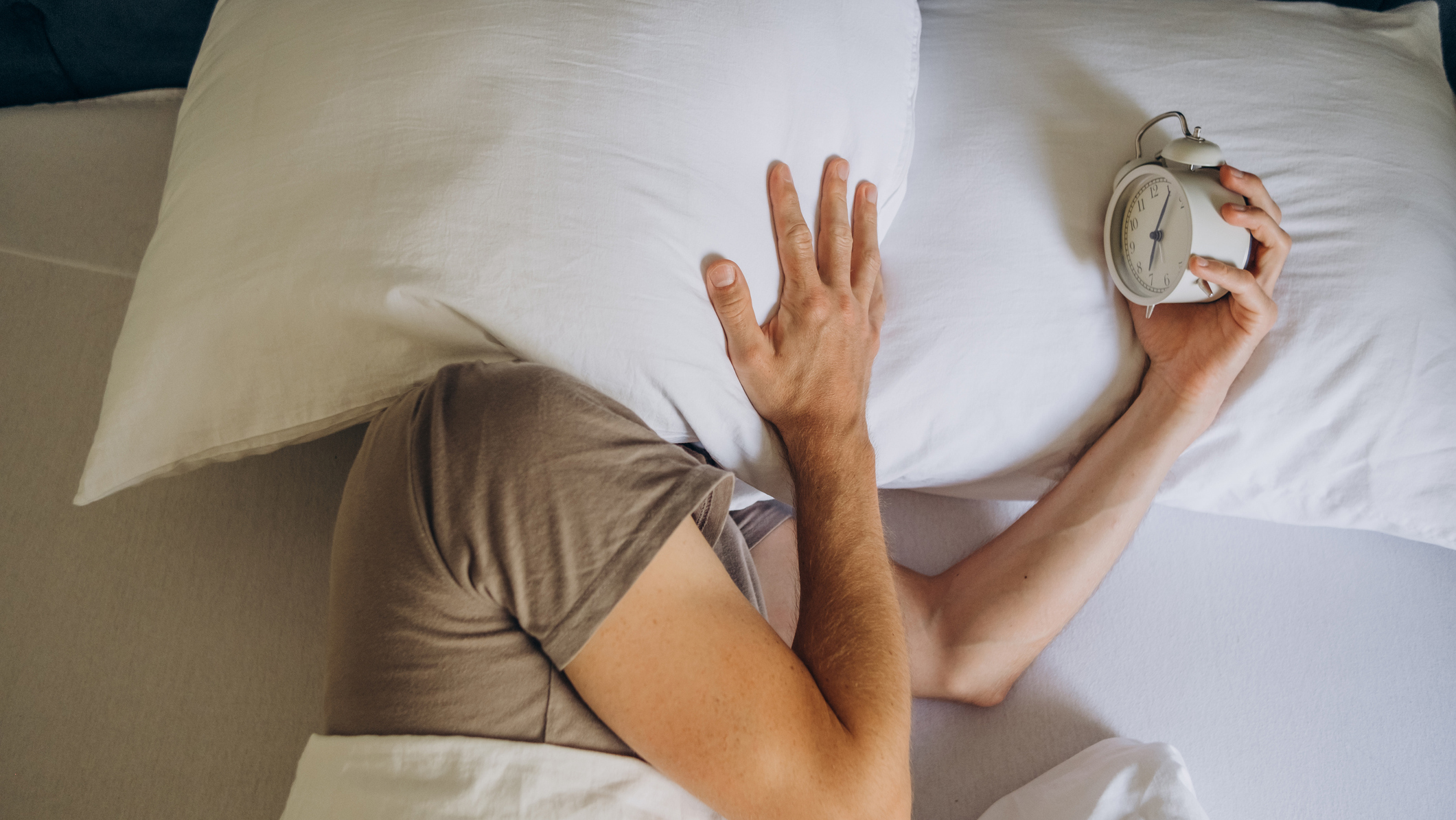
Napping don’ts
- Nap without an alarm: Having an alarm wake you up, especially when you’re happily dozing, may feel harsh, but it’s always a good idea. “To avoid oversleeping and entering the groggiest part of a sleep cycle, always set an alarm before you fall asleep to have an optimally timed nap,” says Dr. Browning.
- Nap in the evening: “You should also avoid unintentional naps, especially in the evening while relaxing on the sofa,” she says. “These naps can significantly reduce your sleep drive, making it harder to fall asleep at night since you've already had sleep close to your bedtime.”
- Nap for too long: If you’re jet lagged or just need a longer nap, make sure it's only for an hour and a half, says Dr. Browning. “This is because your body cycles through sleep stages in roughly 90-minute intervals. Waking up during the deep sleep phase of a cycle can leave you feeling groggier than before."

Sarah is a freelance writer who has been published across titles including Woman & Home, The Independent, and the BBC. Sarah covers a variety of subjects, including health and wellness. For Tom's Guide Sarah often writes about sleep health and hygiene, and interviews leading sleep experts about common issues such as insomnia and sleep deprivation.
You must confirm your public display name before commenting
Please logout and then login again, you will then be prompted to enter your display name.
 Club Benefits
Club Benefits





